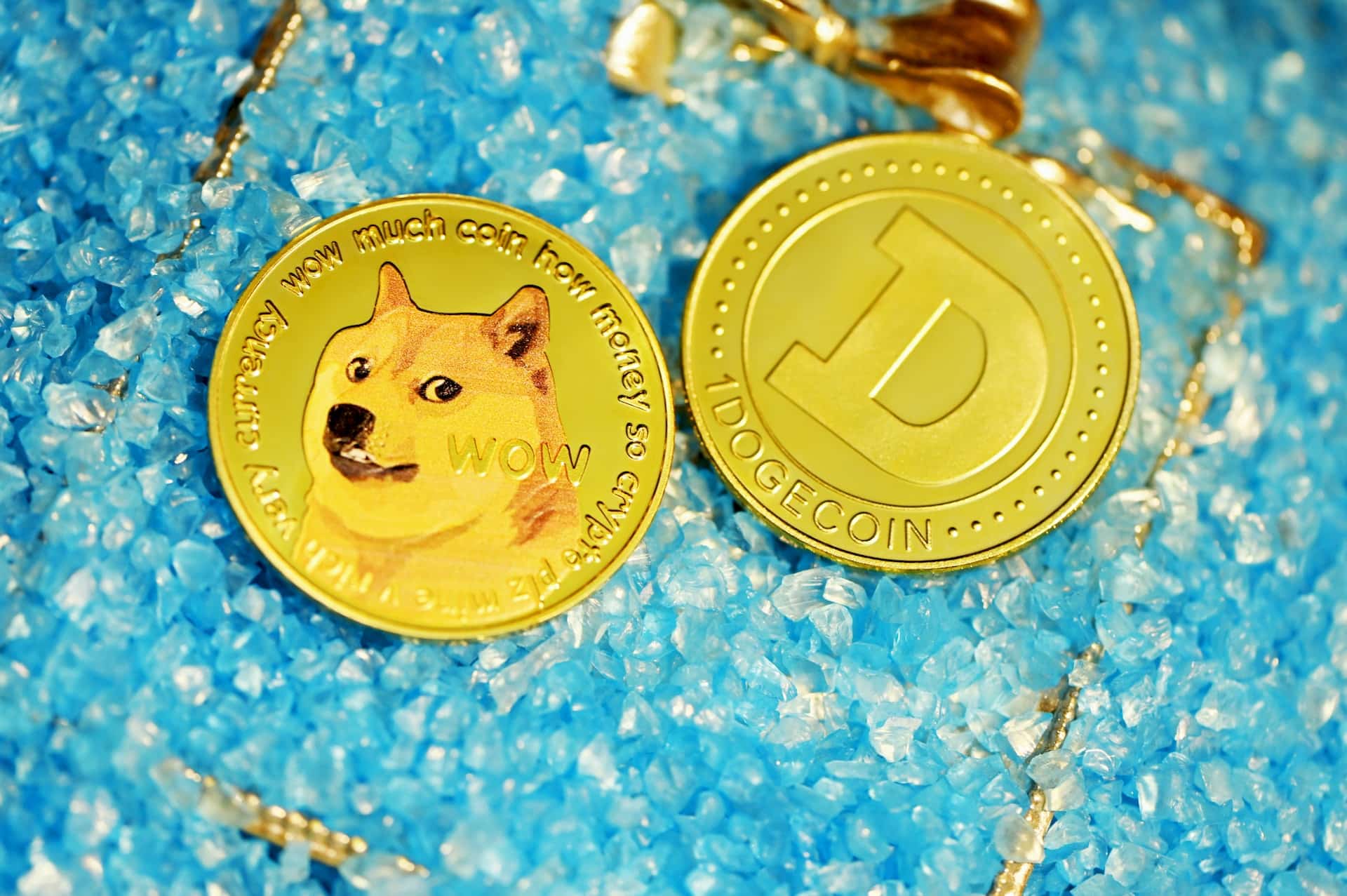Internet meme culture has birthed a burgeoning meme economy, where investors trade meme-powered coins, stocks, and NFTs. Read on to learn more about the meme economy and what meme investing opportunities exist in today’s market.
What Is the Meme Economy?
The meme economy is the intersection of internet culture and economics, where memes have evolved from mere entertainment to assets traded by a dedicated fanbase of traders and investors.
It comprises stocks, cryptocurrencies, and NFTs that rely on social media users on Reddit, Twitter, and Telegram groups hyping them to increase their value.
Meme coins and NFTs leverage the hype of popular social media memes to turn them into digital assets, with some of these assets turning into multi-million dollar market value investments. Unlike other crypto assets, whose utility determines their value, meme coins and meme-based NFTs’ values are purely derived from the hype generated by their communities.
Traditional forms of investing rely on fundamental and technical analysis, but investor sentiment on social media platforms such as Reddit and Twitter dictate the demand for meme investing.
Investing in the Meme Economy: 3 Options
The meme economy has three main investment opportunities: meme stocks, meme coins, and meme-based NFTs.
Meme Coins
Meme coins are cryptocurrency tokens based on internet memes. Although many people initially brushed them off as a passing fad, meme coins have remained popular.
The first meme coin was Dogecoin (DOGE), released in 2013. It has remained among the top 10 meme coins available in the market. Since then, hundreds of meme coins have been released. Another popular dog-related meme coin is Shiba Inu (SHIB), which drew inspiration from Dogecoin.
The top five meme coins by market capitalization at today’s rates include:
- Dogecoin (DOGE)
- Shiba Inu (SHIB)
- Floki Inu (FLOKI)
- Pepecoin (PEPE)
- Bone ShibaSwap (BONE)
Meme Stocks
Meme stocks rally due to a sudden surge in interest on social media. A company’s performance doesn’t necessarily affect the price of meme stocks.
The short-term surges due to social media hype can often reverse the course just as quickly, making meme stocks more volatile than, for example, blue chip stocks. However, it’s an investment opportunity that some people on social media platforms find appealing.
In 2021, private investors on r/WallStreetBets subreddit rallied and began a digital revolution against hedge funds that were short-selling company stocks. GameStop, which exploded in January 2021, was the first meme stock. Roaringkitty (Keith Gill) started sharing his views about the company on Twitter, YouTube, and the r/WallStreetBets subreddit in 2019. He explained how an undervalued and underappreciated GameStop business could potentially lead to huge gains and outlined the company’s plans to revamp its business model.
Some of the most prominent meme stocks include:
- AMC Entertainment Holdings (AMC)
- Blackberry (BB)
- GameStop (GME)
Meme-based NFTs
NFT memes refer to internet memes turned into unique digital non-fungible tokens verified on the blockchain, allowing the original creator of the meme to authenticate and monetize their work.
Until recently, memes were considered an aspect of social media most known for their entertainment factor and their capacity to go viral. However, the NFT culture transformed memes from the mere mode of passing humorous content to an investment opportunity. Thanks to meme-based NFTs, you can buy and sell memes and earn potentially earn a profit.
Pepe the Frog would be an example of a popular meme used in the NFT market, with the Rare Pepe NFT collection on Counterparty being one of the prominent Pepe the Frog NFTs in the market.
Do Memes Make Good Investments?
While the meme economy offers the potential for high returns, it carries significant risk.
Meme-based assets are highly volatile and can experience extremely sudden price swings. The only way traders and investors make money in the meme economy is by getting in and out at the right time. However, timing the entry and exit in a meme coin or meme stock is incredibly difficult.
Therefore, meme-based assets probably don’t make for good long-term portfolio holdings because their price rallies are usually short-lived and end with steep drops in value.
If you are looking at adding meme coins or stocks to your portfolio, research what you are investing in and understand the asset’s price drivers to determine whether they are a suitable investment.




